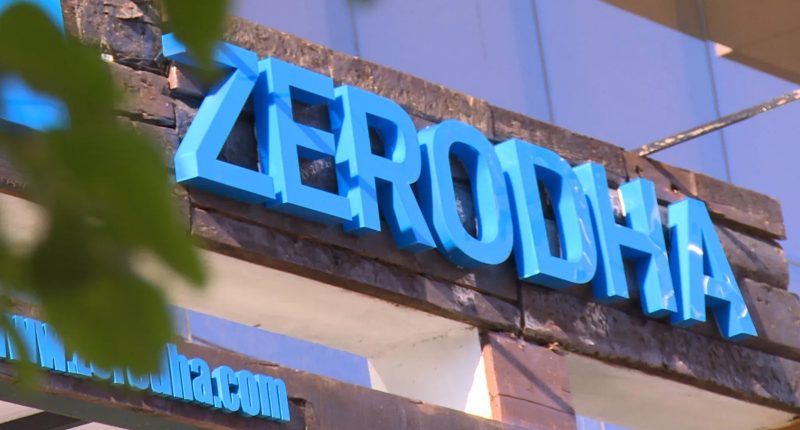Zerodha, the country’s leading stock broker, has decided to allocate an additional $121 million (₹1000 crore) to Rainmatter Capital – its startup investment arm – in a bid to foster homegrown startups in various sectors and provide founders with patient capital, supporting their journey to build resilient and sustainable businesses. This approach ensures that startup founders can benefit from patient capital without being compelled to rush towards exits. This fresh capital has been allocated in a structure that does not have exit mandates for investors. For now, Rainmatter intends to invest in startups across sectors such as health, climate change, and education.
“Investors who bring in long-term patient capital—investors who are willing to stick around and help in any way possible, where the goal is to build a good, sustainable, long-term business, and not just to generate rapid returns,” Rainmatter announced in a blog post.
The seven-year-old investment arm has already proved itself to be a key player in backing startups. The fund has partnered with over 80 startups and invested close to ₹400 crore in diverse sectors, according to a post by Zerodha CEO Nithin Kamath on X. The primary focus was initially on fintech startups like Smallcase, Ditto, and Sensibull. However, since then, the fund has expanded its support to health and wellness startups such as Devil Circuit, The Whole Truth, and Peesafe. Additionally, Rainmatter has demonstrated its commitment to addressing climate change and media startups by investing in the likes of Akshayakalpa, Learnapp, Finshots, and The Ken.
Some of the other well-known names to have profited from Rainmatter’s investments include neobank Jupiter, fintech player CRED, Fi, Agnikul Cosmos, Indiagold, FinShot, and others. Kamath maintained that the profits generated through Rainmatter Capital’s investments are reinvested to support more entrepreneurs and the Rainmatter Foundation, laying down a foundation of continuous reinvestment that fosters a vibrant startup ecosystem in the country.
“We are now increasing our commitment by increasing the allocation by an additional Rs 1,000 crore in a perennial structure or with the ability to stay invested forever,” Kamath informed. With revenues of ₹4,964 crore and a profit of ₹2,094 crore in FY22, Zerodha’s financial strength aided its efforts to invest in and nurture startups. Additionally, the firm continued to support its employees, if its announcement of an ESOP buyback worth ₹265 crore is any indication.
“Patient capital with no exit mandates that founders can benefit from when building an enterprise, in India specifically, where unlike in developed countries, it can take much longer to become resilient and sustainable,” he added. While the traditional venture capital approach involves exiting investments within a relatively short timeframe (via secondary sales or IPOs), Rainmatter’s strategy allows for extended partnerships between investors and startups.





